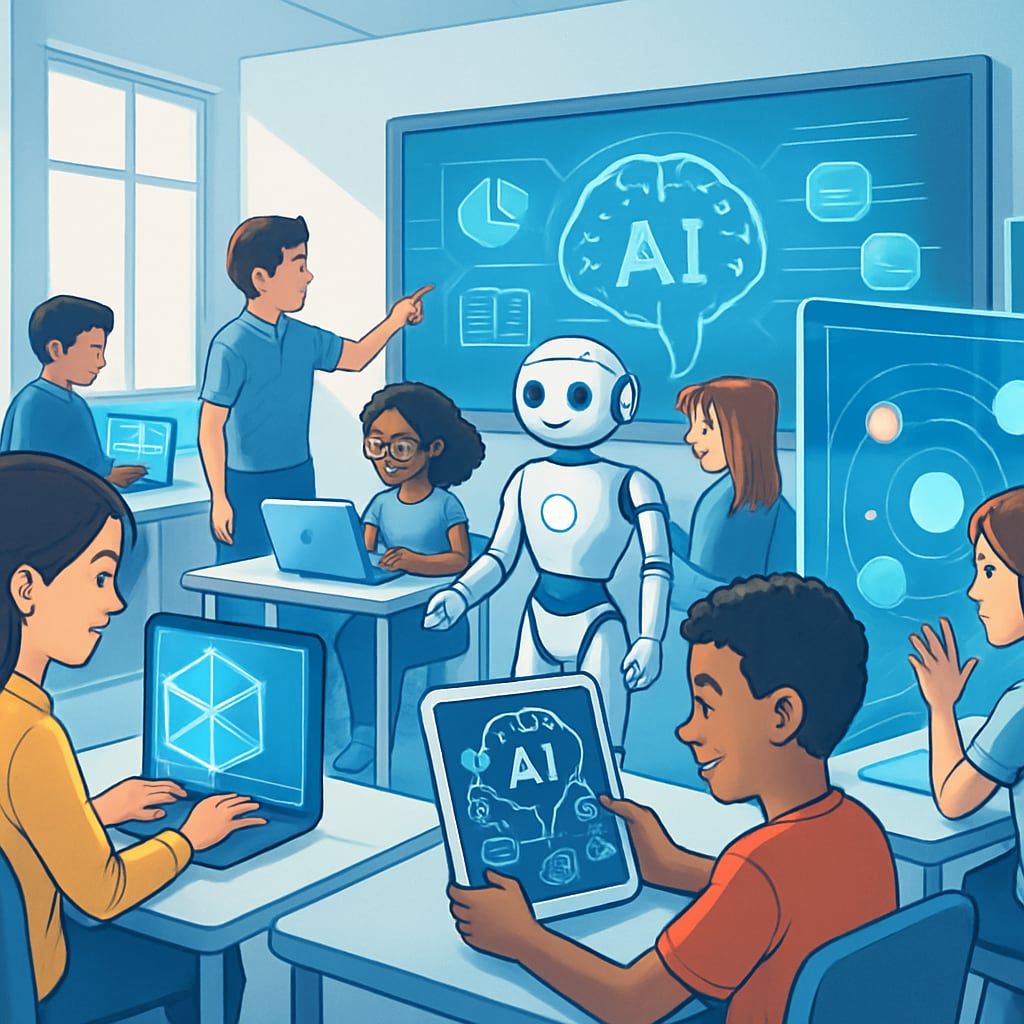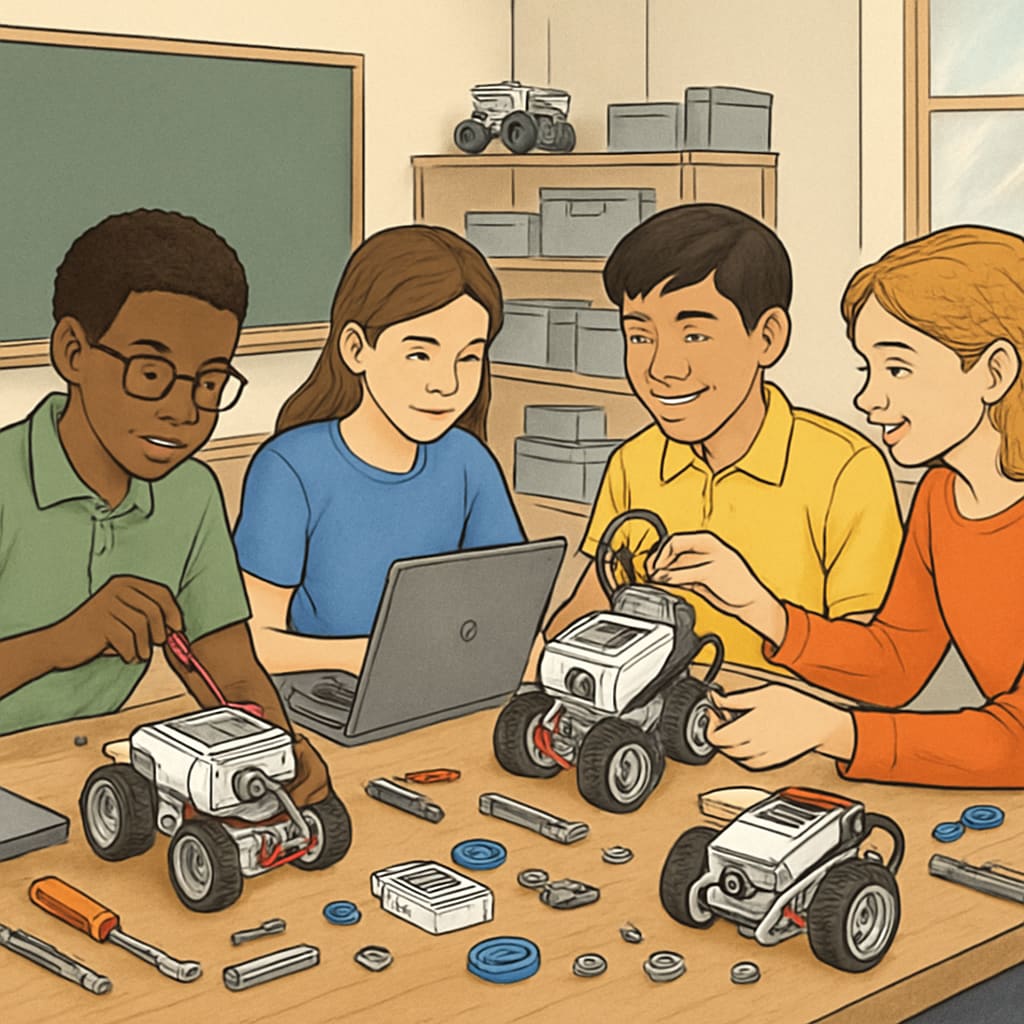As artificial intelligence (AI) continues to revolutionize industries, the traditional value of university education and the outlook for future careers are undergoing profound change. This shift raises critical questions about how K12 education can prepare students for a future where certain jobs may be automated and human skills will be essential for staying competitive. In this article, we examine the transformative impacts of AI on education and employment, while exploring strategies for cultivating irreplaceable human abilities in the K12 system.

Challenges of AI in Education and Employment
The growing influence of AI in decision-making, automation, and innovation has already disrupted many industries, from manufacturing to healthcare. AI-enabled technologies are increasingly performing tasks that were once exclusive to human workers, such as data analysis, language translation, and even creative endeavors like writing and art generation. As a result, traditional education systems, particularly higher education, must adapt to ensure that graduates possess relevant skills.
Universities often emphasize technical knowledge and specialization, but in an AI-driven job market, routine technical skills risk being replaced by machine learning algorithms. For example, according to Wikipedia, AI systems can now diagnose diseases with accuracy comparable to human doctors. This underscores the importance of educational institutions fostering unique human qualities such as critical thinking, emotional intelligence, and adaptability, which AI cannot easily replicate.
Redefining K12 Education for the AI Era
K12 education serves as the foundation for lifelong learning, and it must evolve to equip students with skills that complement AI rather than compete with it. To future-proof students and prepare them for careers, educators should prioritize the development of human-centric abilities. These include:
- Creativity: Encouraging innovative thinking and artistic expression to leverage human imagination.
- Collaboration: Teaching students how to work effectively in teams, both with humans and AI systems.
- Critical Thinking: Helping learners analyze complex problems and devise unique solutions.
- Emotional Intelligence: Cultivating empathy and interpersonal skills to excel in roles requiring human interaction.
For example, integrating project-based learning, experiential activities, and interdisciplinary approaches can help students develop these competencies while also fostering resilience in the face of rapid change.

Future Careers in an AI-Dominated World
As AI automates repetitive and technical tasks, future careers will likely emphasize roles that require creativity, ethical decision-making, and human connection. According to Britannica, fields such as healthcare, education, and creative industries are expected to remain reliant on human expertise. Careers in psychology, social work, and entrepreneurship may flourish as they rely heavily on emotional intelligence and strategic thinking.
Additionally, hybrid roles that combine AI expertise with human-centric skills—such as AI ethics consultants, human-AI interaction specialists, and creative technologists—are likely to emerge. Preparing students for these opportunities means equipping them with a balanced education that integrates STEM (Science, Technology, Engineering, Mathematics) knowledge with humanities and arts.
Conclusion: Building an Irreplaceable Future
In the AI era, K12 education must shift its focus from merely imparting knowledge to nurturing irreplaceable human qualities. By emphasizing creativity, collaboration, critical thinking, and emotional intelligence, schools can prepare students to thrive in a world where automation is prevalent. As educators and policymakers adapt curricula to align with the demands of an AI-driven society, the foundation for a resilient, innovative generation is being laid.
Ultimately, embracing these changes in education will ensure that human uniqueness remains at the heart of future careers, safeguarding the relevance of education and empowering students to succeed in an unpredictable job market.
Readability guidance: Use concise paragraphs, lists for summarizing key points, and transitional words to maintain flow. Focus on actionable insights and avoid technical jargon where unnecessary.


